PUBLIC STATEMENT
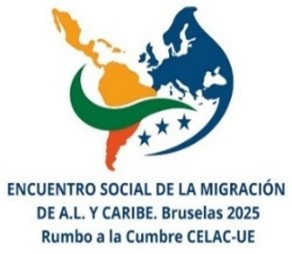
Ladies and gentlemen, representatives of the diplomatic corps, delegates, representatives of European and Belgian institutions, partners from social, trade union, and community organizations:
It is an honor to present the result of a collective process of discussion and democratic construction that dates back to initiatives carried out in 2015 and continued in 2023. Also, since August of this year, we have been promoting a series of conferences with the aim of updating our reflections and proposals in preparation for the CELAC-EU Summit in 2025.
This constructive process, which has involved the participation of various organizations, social movements, and trade unions, brings us together today to officially present to the Pro Tempore Presidency of CELAC, as well as to the institutions present, the results and collective commitments for the construction of a more just future, especially for those who live with the direct consequences of migration.
Global context
We live in a world where the right to dialogue, coexistence, and peace has been replaced by war, hatred, and the denial of history and difference. Xenophobia and aporophobia (fear of the poor) have reinforced exclusion, crossing geographical and ethical boundaries and exacerbating problems such as poverty, hunger, war, and cross-border migration flows.
Human mobility is a structural reality in our societies. For various reasons, such as poverty, insecurity, conflict, or political persecution, among others, people seek a promise of a better future through migration. In Latin America, in 2024, labor force participation and employment levels remained low, unemployment was just below 6.5%, and informality reached 47.6% (ILO/Labor Panorama Report 2024). In the European Union, in 2024, more than 93 million people were at risk of poverty or social exclusion (Eurostat), while 44.7 million residents were born outside the EU. These data reflect the challenges of integration, employment, and rights faced by migrant communities. Despite progress, structural inequalities persist, impacting most strongly on people in situations of migration or exile.
Migration and exile, constant features of human history, have been the central focus of our reflection. We are committed to strengthening a multipolar and democratic world, based on a new global agreement of respect, dialogue, and mutual support.
Considering the current challenges, it is urgent to define clear strategies and policies. Therefore, we urge the implementation of the following measures:
With regard to migration:
- Promote the development of the Global Compact for Migration, based on human dignity and the universal right to mobility, with technical monitoring by CELAC–EU every two years.
- Guarantee regularization processes with a focus on human rights, integration, and decent employment.
- Facilitate family reunification and the protection of migrant children and adolescents.
- Establish safe and legal channels for labor and academic mobility, including mechanisms for mutual recognition of qualifications.
- Guarantee the protection of immigrants in Europe and access to political refugee status for populations vulnerable to conflict, violence, and climate change.
- Guarantee independent monitoring of human rights at borders and in detention centers.
Our priority is to find solutions to improve the living and working conditions of people in migration and exile, but we are aware that our struggle goes further and that solidarity must be our banner for a more just and equal society. That is why we are drawing attention…
With regard to justice, peace and dignity:
- Eradicate unilateral coercive measures and punish their criminal effects as an ethical and humanitarian imperative.
- Combat lawfare, which perverts the legal system to criminalize dissent. We propose mobilizing to expose these practices, strengthen judicial independence, and protect those who are politically persecuted.
- Promote an independent judiciary that puts an end to the persecution of social leaders and focuses on punishing high-impact crimes that pervert the rule of law and democracy.
- Consolidate Latin America as a territory of peace, promoting diplomacy and cooperation in conflict zones such as Venezuela, Colombia, and Haiti.
- Defend humanity and promote the prevalence of international humanitarian law in all conflict scenarios, preventing harm to the civilian population and genocide, as is currently occurring in Palestine.
- Demand that Europe distance itself from warmongering tendencies that undermine the sovereignty of peoples and threaten democracy under the pretext of national security of the aggressors.
- Call on the European Union to comply with its international commitments, which oblige it to cease all activities that promote, facilitate, or support the continuation of the genocide of the Palestinian people and the repression and stigmatization of peaceful demonstrations denouncing it.
- Protect the Geneva Convention as an instrument of international law that guarantees the protection and prevention of risks to the lives of social leaders and defenders of the territory and nature.
- Demand respect for international law and especially the United Nations Charter, which enshrines the right of peoples to self-determination.
- Promote a fair economic system that eliminates the obscene accumulation of wealth in the hands of a minority, to the detriment of the impoverished majority and devastated nature.
We reaffirm our commitment to bi-regional cooperation based on human dignity, social justice, and respect for fundamental rights. The undersigned organizations are at the disposal of CELAC and the EU to collaborate in the design, implementation, and monitoring of migration policies derived from this process.
We propose the creation of a CELAC–EU technical mechanism with civil society participation for monitoring and annual public reporting. This mechanism should establish common indicators and ensure public access to implementation data.
In a global context where the amalgamation of migration and security dominates the bilateral and multilateral agenda, the time has come for humanity. It is time for dignity.
As human beings and organizations committed to humanism, we welcome you to this joint struggle for a peaceful future.
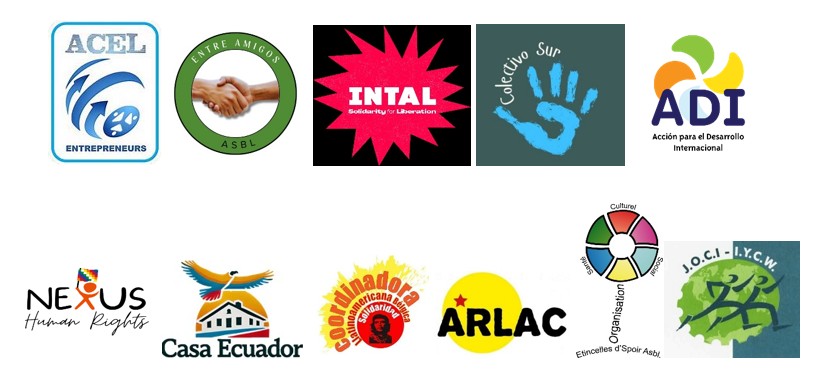

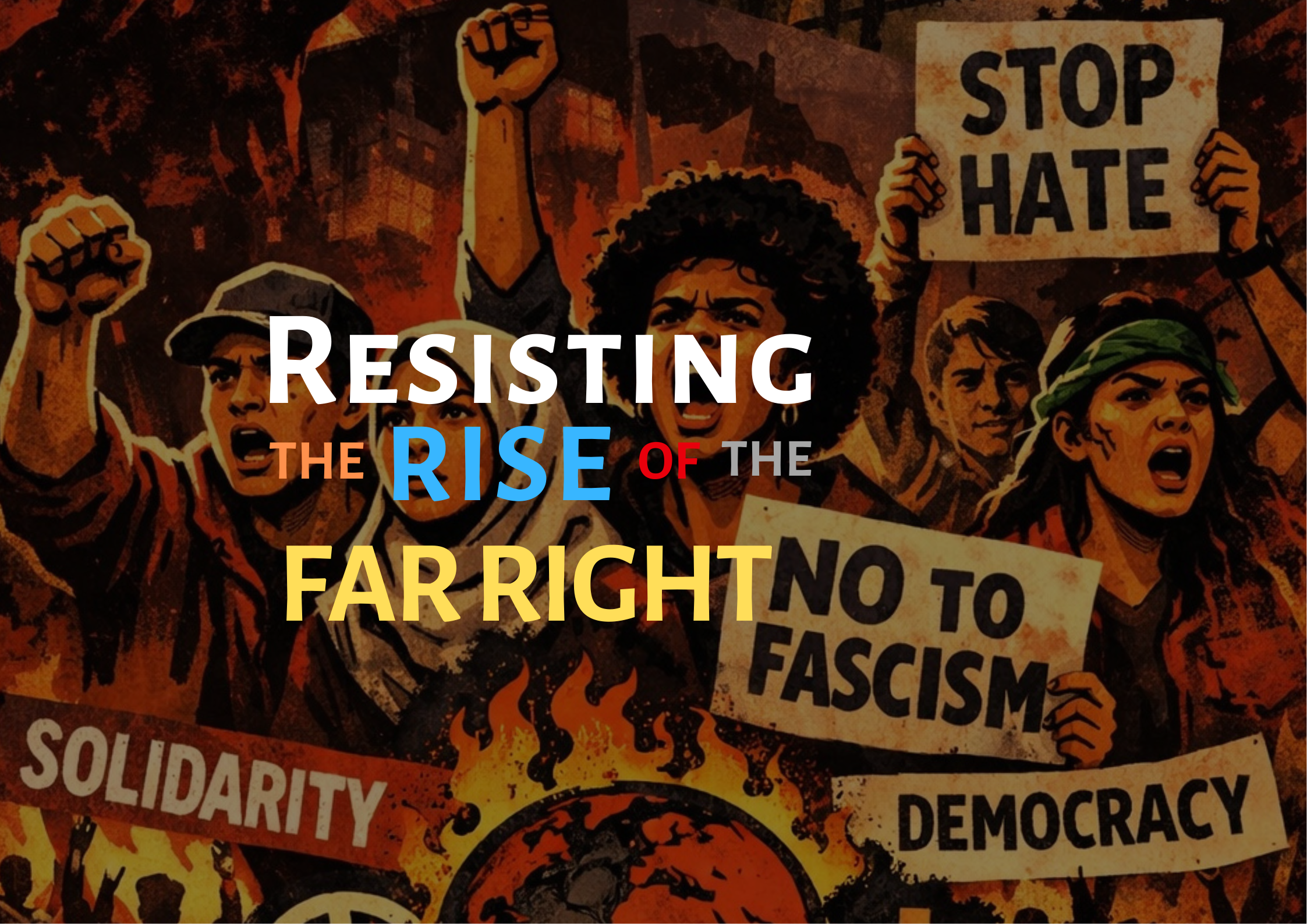
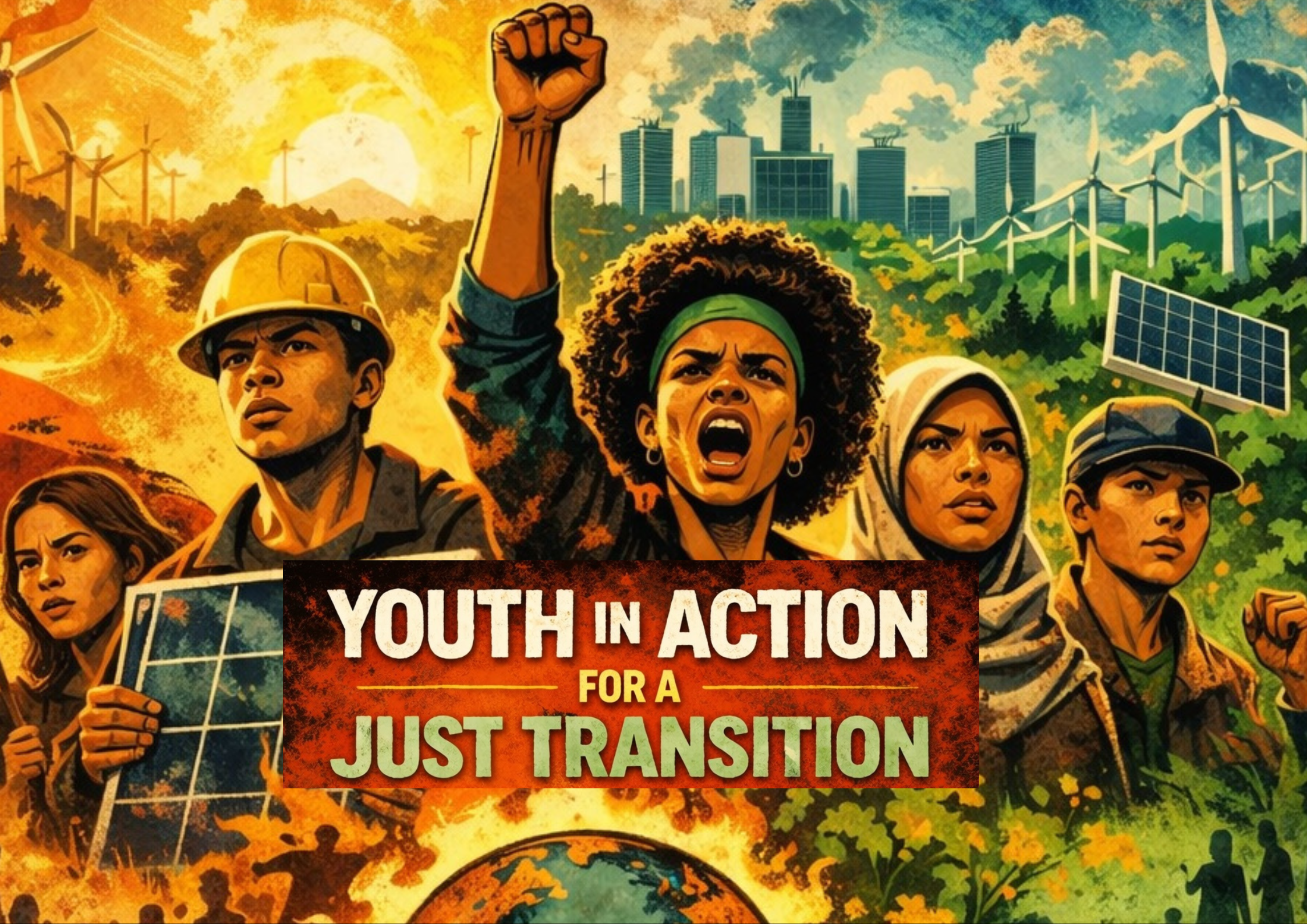


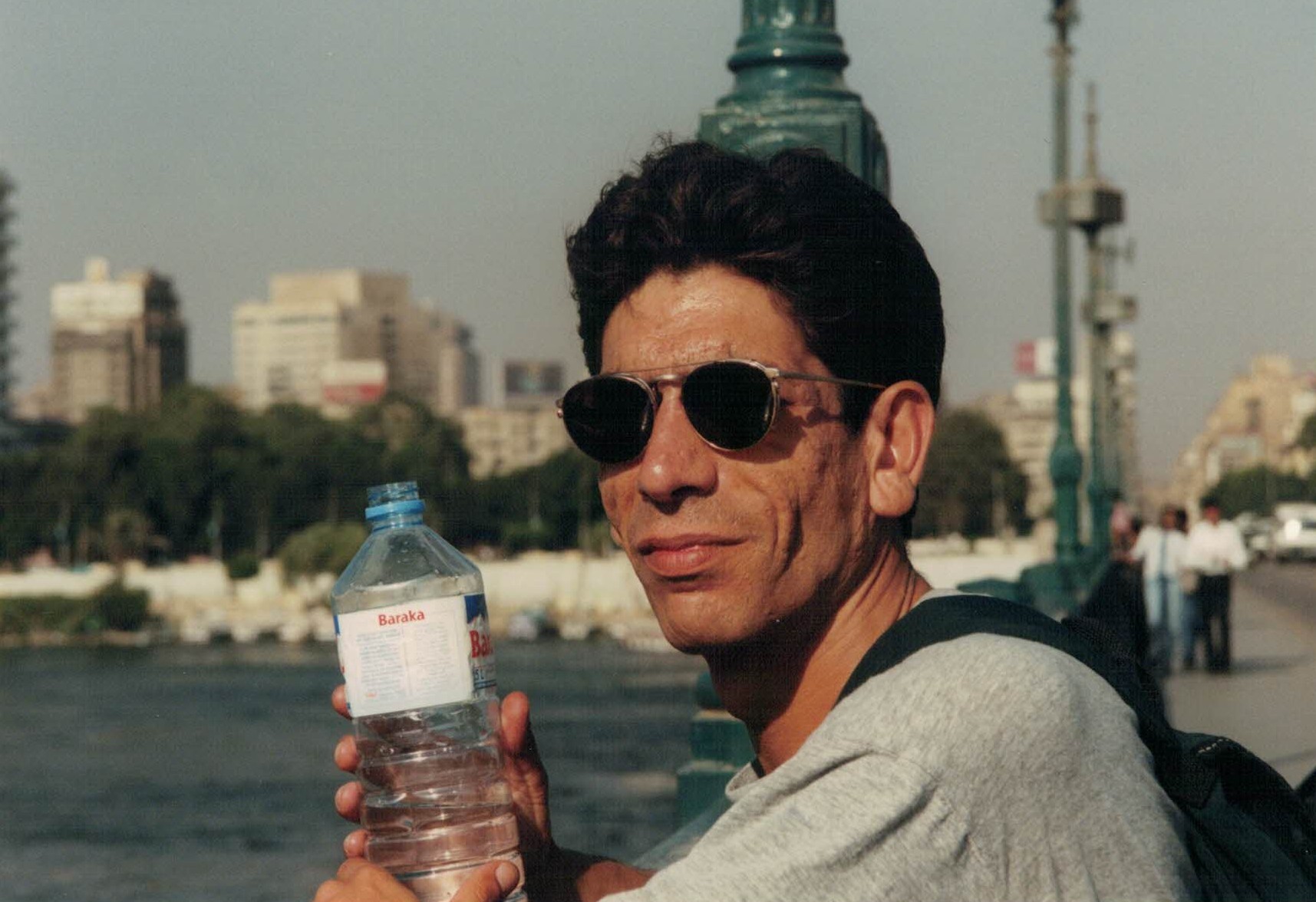
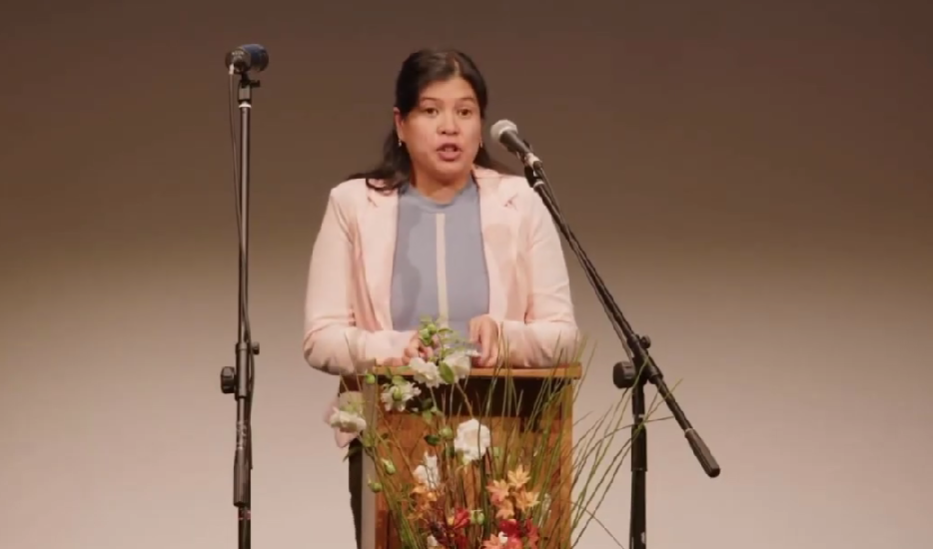







 English
English  Español
Español  Français
Français 